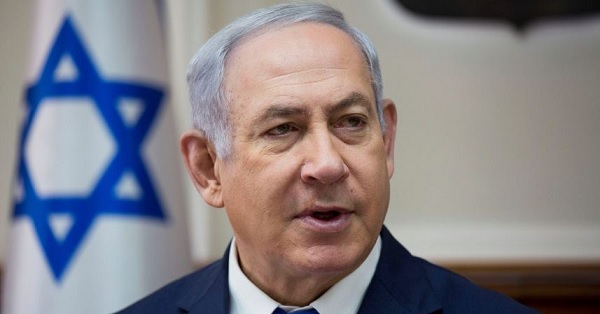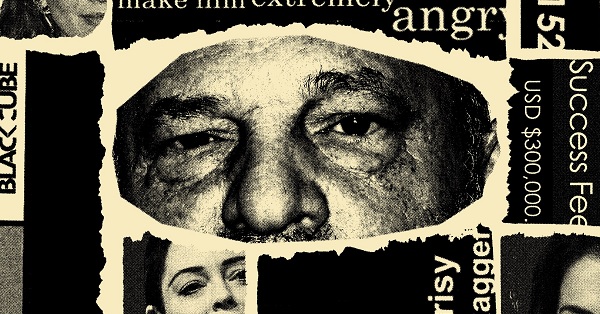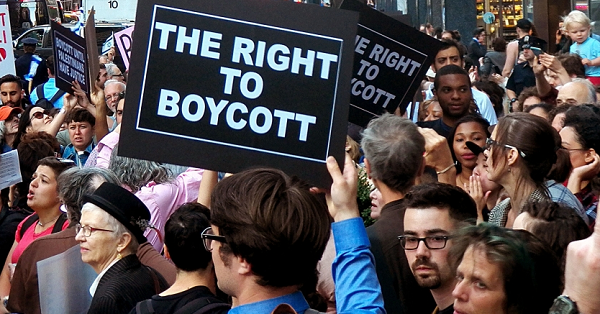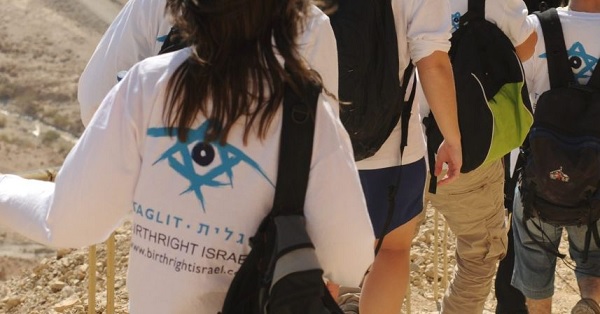American missions to Israel need to expand their scope beyond hasbara.
I’ve decided to travel to Israel this winter despite the Knesset’s recent law banning foreigners who have advocated for boycott of the settlements—which I’ve often done to protest the Occupation. I’ve been there at least 24 times, and it’ll be sad if I’m turned away—not to mention a travesty of the state’s democratic principles—but I think it’s urgent for American Jews who care deeply about Israel’s future to do some serious fact-finding on the ground.
And that means doing more than just traveling on the kind of Israel mission offered too often by synagogues and Jewish communal institutions. To my mind, most of these reveal a narrow geographic, political and ideological viewpoint and a propagandistic objective. They want to make people fall in love with Israel (which I did more than 40 years ago) but also to forestall any doubts or questions.
Jewish visitors’ overall impression of Israel depends largely on the places they’re taken to and the people sponsors have chosen to give them “briefings.” Most Jewish institutional sponsors want our impression to be 100 percent positive, with no disturbing images or contradictory narratives to muddy the picture. The Israel they show us is a miracle of bustling nightlife, rich cultural ferment, medical and technical wonders and happy, harmonious citizens. We could spend ten days there and never notice the Israeli-Palestinian conflict or have a meaningful encounter with an Arab. (Many such tours also offer little access to female leaders, but that’s another problem.)
One synagogue itinerary I saw recently was a case in point. It featured a discussion of the future of Israeli-Palestinian relations—with an Israeli speaker but no Palestinian. One day’s activity was to “explore Christian East Jerusalem through visits with Christian personalities and institutions,” but there was no comparable exploration of Muslim Arab perspectives.
As a result, the people on that trip probably missed a major contentious development in East Jerusalem. They wouldn’t have seen what Elad, the religious nationalist group funded by the late U.S. bingo millionaire Irving Moskowitz (among others), has been doing to “Judaize” Arab Jerusalem—forcing out or buying out Palestinian owners in order to move Jews into those homes, and excavating the ground under Palestinian properties, ostensibly for archeological research but actually to establish Jewish claims to “biblical, historical” sites so that those properties can never be subject to negotiation.
By contrast, when I traveled last year with Americans for Peace Now (APN)—on whose board I serve—we spent time touring East Jerusalem with Hagit Ofran of Peace Now’s Settlement Watch, who pointed out several places where there was evidence of such excavations carried out illicitly.
On one recent APN trip, we met a Likud official at Israel’s Foreign Ministry, three Israeli security experts and the U.S. consul general in Jerusalem. But we also met with the PLO ambassador to the United States, a member of the PLO’s Executive Committee and a prominent Palestinian entrepreneur.
There are many ways to get a nuanced view. A group called Encounter designs trips intended both to examine the Israeli-Palestinian issue and to heal conflicts over it within the Jewish community. To that end, Encounter arranges meetings with Palestinian officials, nonviolent activists, teachers, sheikhs and teenagers. It provides kosher food, Jewish prayer services and Torah study—as well as panel discussions by Palestinian women and home hospitality with Palestinian families. Intensive programs in Bethlehem and Hebron give Jews face-to-face experiences with the Other.
Few tours sponsored by mainstream Jewish organizations include visits to Palestinian villages inside the Green Line. Fewer still cross into the West Bank, except to admire sprawling, spanking-clean Jewish settlements. So what is it that traditional Jewish institutions don’t want American Jews to see?
On ordinary sightseeing trips, the stated rationale is usually safety, not politics. One Israeli travel agent told me he would never take American Jews into Ramallah because he “can’t take responsibility for their security.” Yet in recent years, Peace Now has shepherded numerous travelers through Ramallah, and when visiting this vibrant city I’ve never once felt unsafe.
When synagogue missions take Jews to the Kerem Shalom border crossing between Israel and Gaza, their primary goal is to demonstrate the vulnerability of southern Israel to rocket attacks—which no one can deny.
When our APN group visited that border, we met with an Israeli diplomatic correspondent and a major general of the Israel Defense Forces. We sat in a playground whose bomb shelters were disguised as huge circus animals, a sight as chilling to us as it would be to a traveler with AIPAC or United Jewish Appeal. But we also met with leaders of a local peace organization—the Movement for the Future of the Western Negev. Our itinerary exposed us to the vulnerability and the fear, but also to the activism and the hope.
I’m not sure if Jewish communal tour planners are just blind to what’s missing from their itineraries or willfully overprotective. Are they afraid that exposure to a layered reality might make us “anti-Israel?” If so, they should be worried about the superficiality of our commitment.
I confess to giving small credence to people who bad-mouth “the Palestinians” without ever having broken bread with one, visited a Palestinian home or school, strolled through a Palestinian village or observed the stark contrast between their dusty roads and the sleek highways built for Jewish settlers. Jews who’ve seen only Jewish or even Christian Israel tend to be less equipped to engage in substantive discourse about the country’s politics. Without facts, arguments too often deteriorate into slogans and denunciations.
For years, I’ve been badgering my friends to vet any Israel itinerary presented to them and, if it’s skewed, to demand a broader scope. Jewish tour organizers should not give us a Potemkin village or a party line. They should trust us to process Israel’s contradictions, complexity and ambiguities along with its many wonders.
This article appeared first on November 1, 2017<\a> in Moment Magazine.





